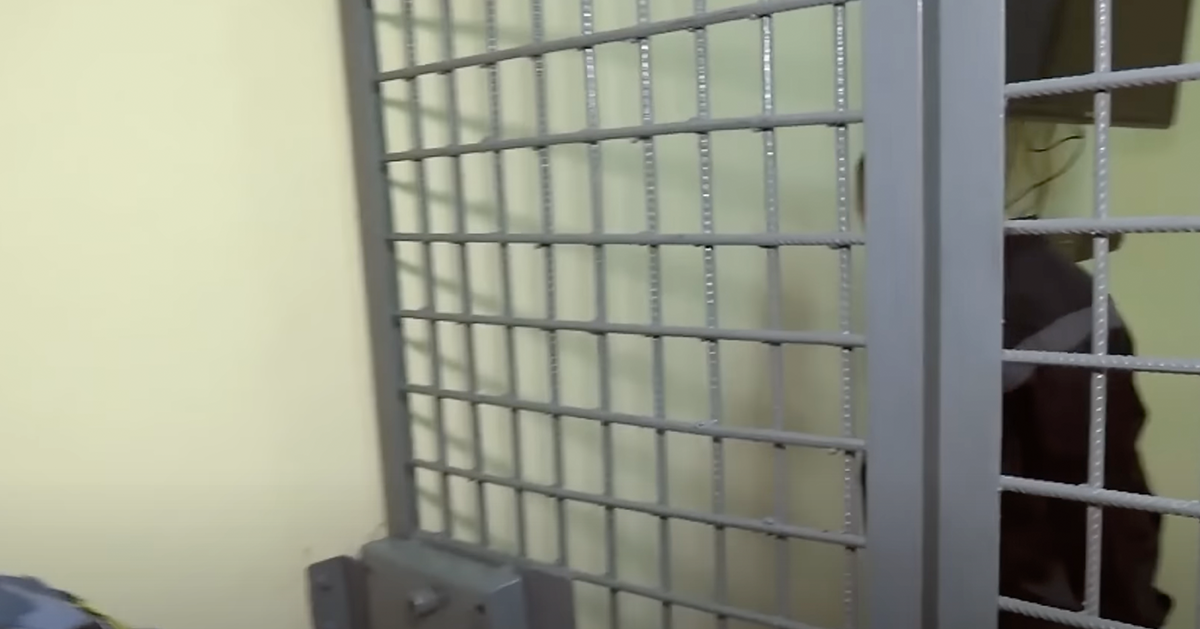Harris Considered Supreme Court Expansion During 2019 Campaign
Vice President Kamala Harris has long been open to expanding the U.S. Supreme Court, from her presidential run in 2019 to her current role in the Biden-Harris administration.
This recent push, spearheaded by the Biden-Harris team and something the VP reportedly supported during her prior presidential campaign, includes proposed changes to the high court's structure and the duration of justices' terms, sparking debates on judicial reform, as Fox News reports.
In 2019, during her bid for the presidency, Kamala Harris consistently indicated she was open to the idea of adding more justices to the U.S. Supreme Court. Her stance emerged as a significant aspect of her campaign strategy.
At a campaign event in Nashua, New Hampshire, Harris explicitly expressed her openness to increasing the number of Supreme Court justices. This idea was aimed at addressing concerns over the Court's balance and effectiveness.
Further, Harris reiterated her position in interviews with major publications, including the New York Times and Politico. She emphasized that expanding the court was a possible method to restore public trust in the judiciary.
Administration Proposes Major Overhaul of Supreme Court
Last month, the Biden-Harris administration unveiled a comprehensive proposal to overhaul the Supreme Court. This plan introduced several groundbreaking changes aimed at reforming the judiciary.
The proposal includes setting term limits for justices and establishing an enforceable ethics code, alongside constitutional amendments designed to limit immunity for former presidents.
Additionally, the proposed system suggested appointing a new Supreme Court justice every two years, with each justice serving for eighteen years of active service, effectively refreshing the court's composition regularly.
Critics and Proponents Clash Over Court Packing Accusations
The administration's overhaul plan has been interpreted by some critics as a form of court packing. Mark Paoletta, a lawyer from the former Trump administration, accused Harris of adopting a stance that is further to the left than President Biden on this issue.
According to Paoletta, even as Biden recently accepted the idea of court expansion, Harris's views have been more radical. He cites her continued support of legislation that could reshape the court fundamentally.
Democratic Senator Sheldon Whitehouse has supported the administration's proposal, noting that it aligns with Harris's vision of limiting the role of the most senior justices in appellate cases, thereby altering the influence of long-serving justices like Justice Thomas, Chief Justice Roberts, and Justice Alito.
Harris's Historical Openness to Court Expansion
"I’m open to this conversation about increasing the number of people on the United States Supreme Court," stated Harris during her 2019 campaign, highlighting her long-held belief in the potential need for more justices.
Her willingness to consider such changes was evident in her statement to Politico, where she mentioned that "everything is on the table" to restore confidence in the Supreme Court, indicating a broad scope of potential judicial reforms.
The vice president's openness was further confirmed in a discussion with the New York Times in which she simply stated, "I'm just open to it," affirming her flexible stance toward court restructuring.
Political Implications of Supreme Court Reform
The debate over the Supreme Court's future continues to stir significant political discourse. Critics argue that proposals for expansion and structural changes could undermine the court's independence.
Supporters, however, see these reforms as necessary to ensure the judiciary evolves with the changing dynamics of American politics and society, aiming to enhance its integrity and public trust.
The ongoing discussions encapsulate a pivotal moment in American judicial history, as the nation contemplates profound changes to one of its cornerstone institutions.




